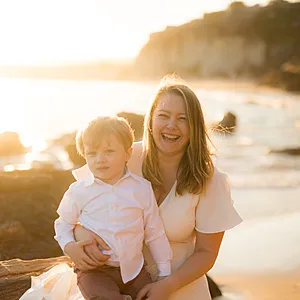Northern Beaches Council is investigating ways to facilitate soft plastics recycling after the national REDcycle program announced it had collapsed last month.
On 22 November, Council approved a motion to ‘facilitate’ soft plastics recycling, an initiative by councillors Rory Amon (Liberal, Pittwater) and Kristyn Glanville (Greens, Curl Curl), which was introduced through cross-party cooperation.
Further research into alternatives is underway, with a report expected at the next Council meeting scheduled for 28 February 2023, after the surprise November announcement by national recyclers REDcycle that they were halting their operation.
The combined motion that drew cross-party support stated: “That Council officers report to Council’s December meeting regarding possible steps that can be taken by Council to facilitate soft plastics recycling pending the viability of current private sector operators.”
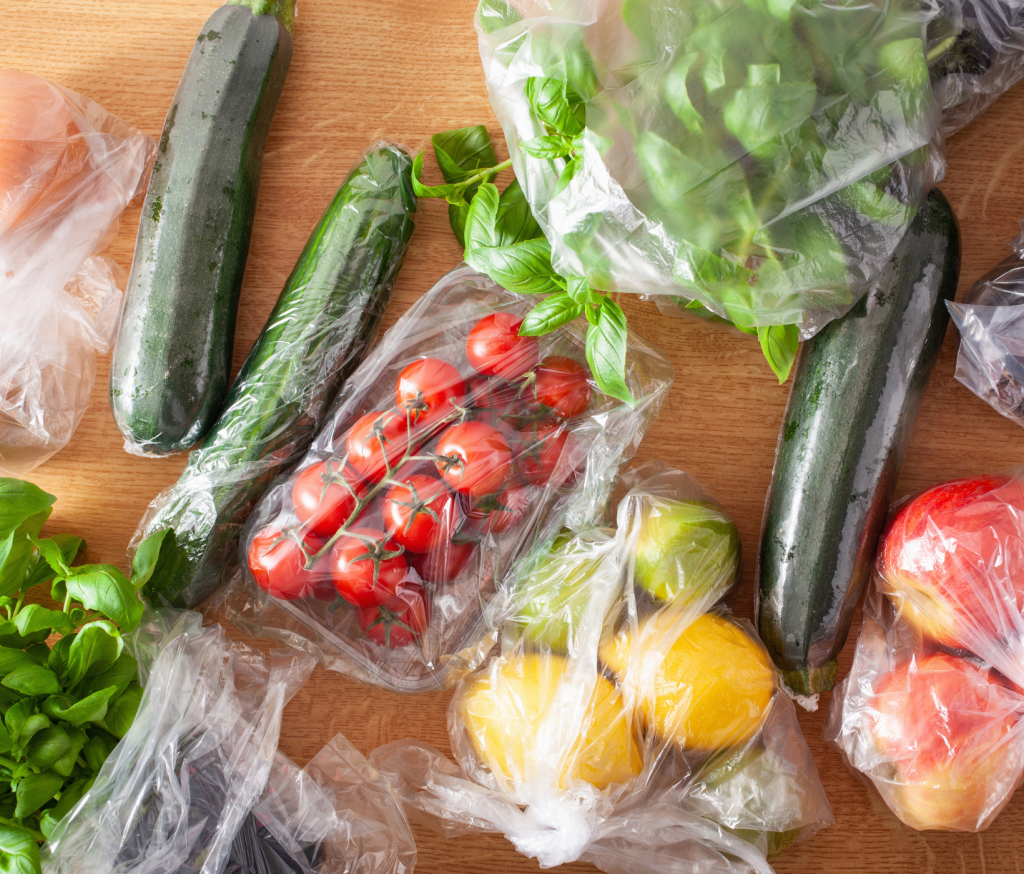
Manly Observer understands the National Plastics Recycling Scheme (NPRS) project is currently trialling soft plastic collection in kerbside recycling bins.
The trial, led by the Australian Food and Grocery Council (AFGC) in partnership with CAWRA (the Central Adelaide Waste and Recycling Authority), and the Cities of Adelaide, Charles Sturt and Port Adelaide Enfield, is part of designing an industry-led scheme for recycling soft plastic packaging in Australia.
Cr Amon told Manly Observer, “You might have recently read about the troubles being faced by RedCycle, meaning that soft plastics recycling is now virtually at a standstill in Australia. Our community are very conscious when it comes to recycling given the obvious benefits this has in protecting our precious environment and minimising our respective environmental footprints.”
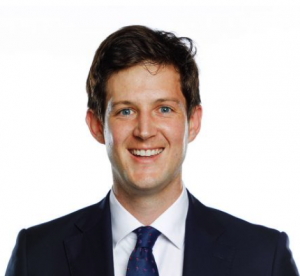
In a background briefing, Cr Amon’s office explained: “Soft plastics don’t go into Council recycling bins. This is because they get easily caught in the recycling conveyer belt and can shut down whole systems. “Unfortunately, this meant that soft plastics were often thrown out with our general waste, going straight to landfill (and inevitably ending up in oceans, lagoons, parks and roadsides).
“All ‘scrunchable’ plastic including shopping bags, plastic food packaging, fruit netting and dry cleaning bags can be recycled. In recent years, this has been facilitated by taking those plastics to REDcycle bins across Australia.”
Currently, the process of recycling ‘soft’ plastics (including packaging and containers) across Australia is stagnant following the 8 November announcement by REDcycle that they were suspending their Return To Store operation. This popular scheme redirects single-use plastics bound for landfill sites into new long-term products.
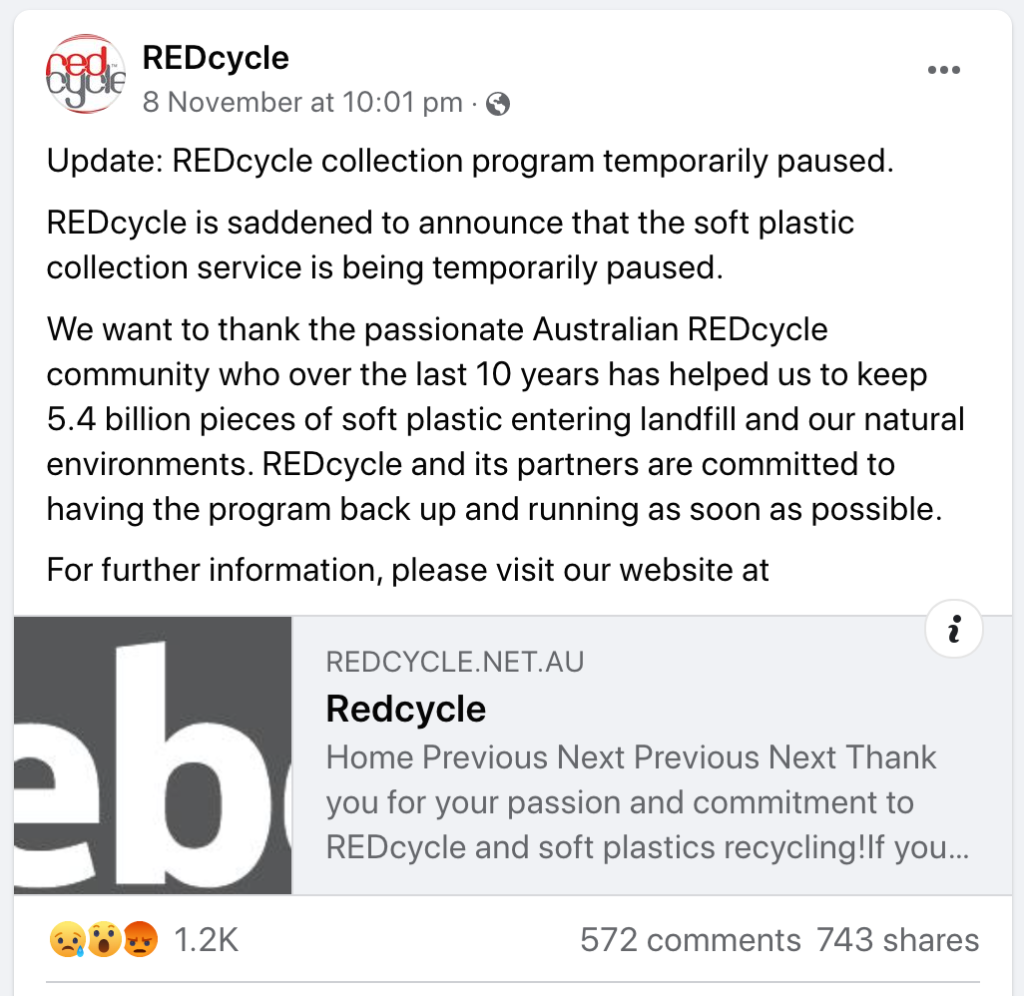
The suspension came about following a massive stockpile that was not getting forwarded to relevant processors and a fire at REDcycle’s Melbourne storage unit.
Redcycle explained the problems in a 25 November media release: “REDcycle would like to say again that the current crisis is due to a major imbalance in the domestic soft plastic pipeline that has been building over the past few years.
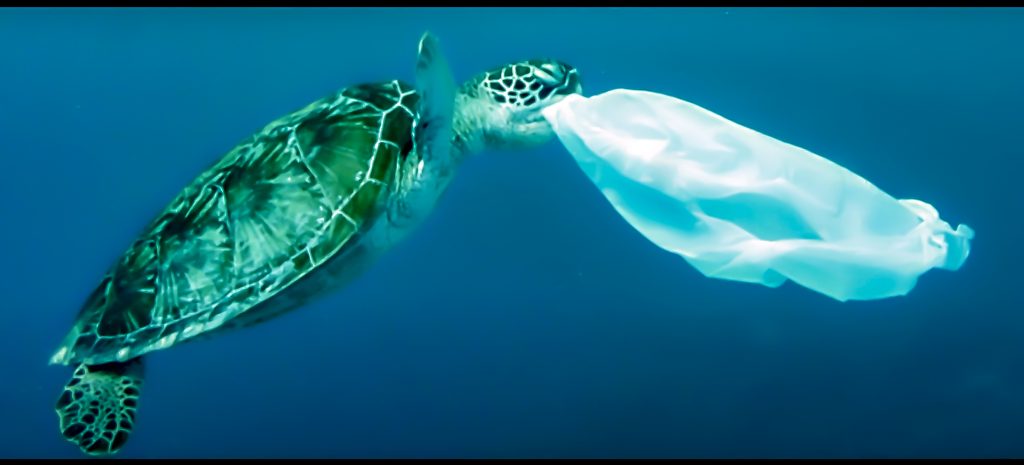
“The decrease in downstream processing capacity, coupled with the significant and sustained increase in customer return volumes has placed immense pressure on REDcycle’s operating model. This has resulted in the program’s pause on collections and the unwanted but necessary step of holding material in storage until capacity becomes available.”
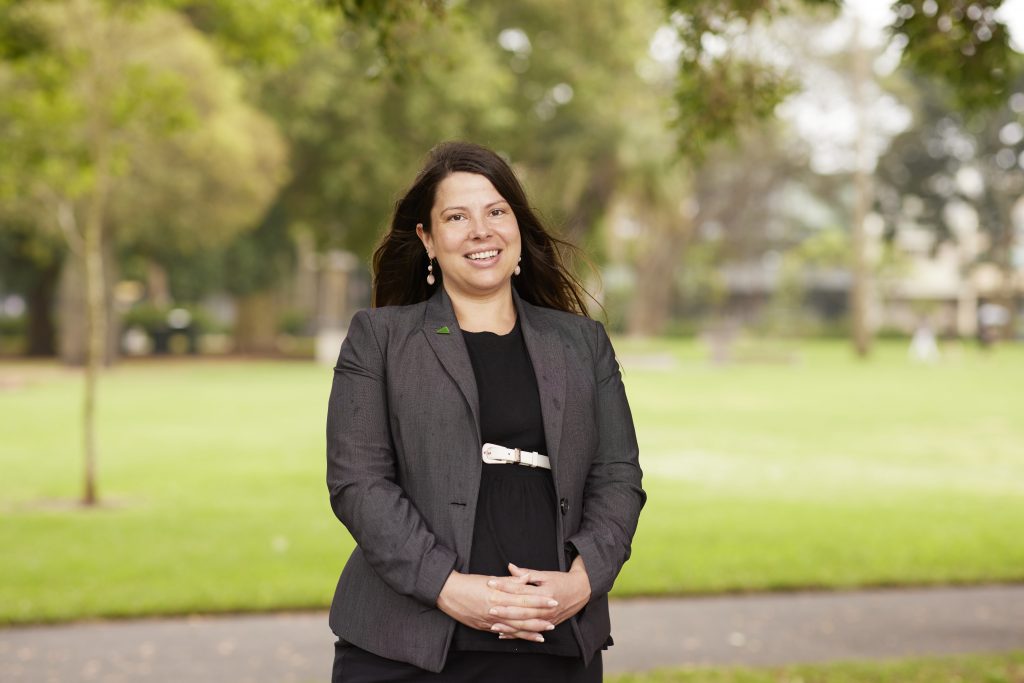
Return to Store
The Return To Store program saw participating supermarkets (such as Woolworths and Coles) place marked collection bins outside their stores for used packaging and containers. REDcycle operators collected and sorted the contents before forwarding it to dedicated plastic repurposing manufacturers, which melted them down into new, practical products with significantly longer usage.
The three primary ‘re-purposers’ partnered with REDcycle are: Plastic Forests in Albury, NSW, which make plant beds, garden edging and posts; Close the Loop in Somerton, Victoria, which make felt-tip pens and ‘TonerPlas’ bitumen additive to extend the durability of roads; and Replas in Ballarat, Victoria, which make benches, fences and bollards.
Cr Amon told Manly Observer, “I am pleased to advise that Council adopted my and Cr Glanville’s combined motions… This means that Council is immediately looking at how we can apply our $45 million waste budget towards facilitating the recycling of soft plastics. Councillors will be briefed next week with a formal report being presented to us at Council’s first meeting of 2023 (in February).”
In a media statement, Cr Glanville said, “I’ve been contacted by many people in the community calling for local action to respond to the current crisis in soft plastics recycling with the unfortunate issues facing REDcycle.
“Already other councils have stepped into action, for example Hornsby Council already collects soft plastics through its Community Recycling Centre.
“Ideally as a community we should avoid soft plastics as far as possible, but we also need a way to sustainably deal with soft plastics that can’t be avoided, and for those plastics to be reused rather than entering landfill.”
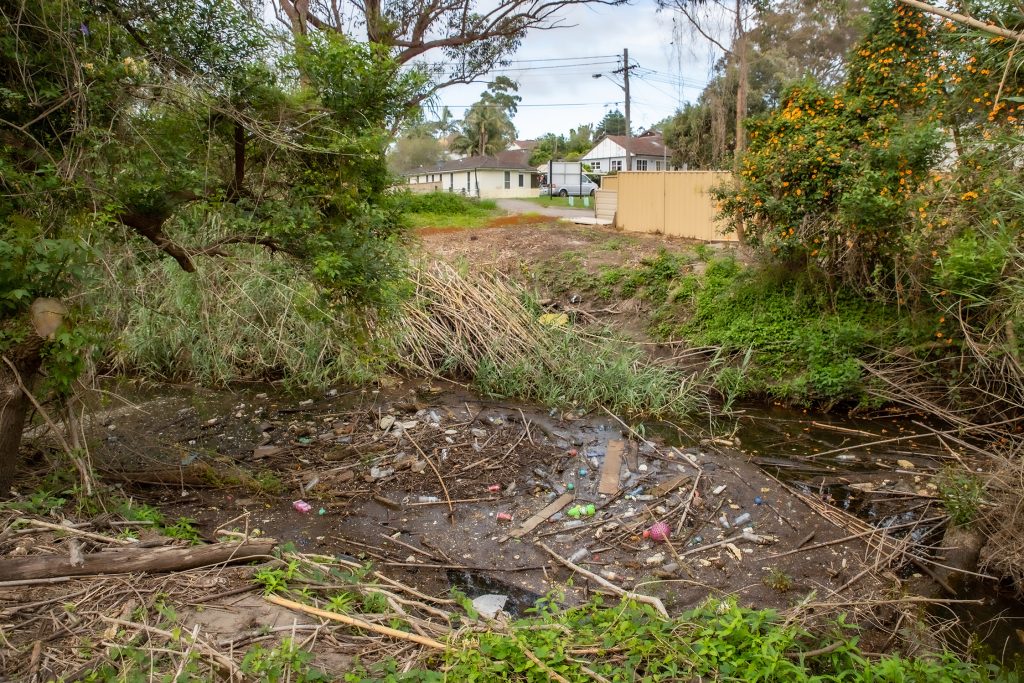
Meanwhile, on 25 November, REDcycle announced that the Australian Competition and Consumer Commission (ACCC) “announced conditional authorisation for the formation of a Soft Plastic task force consisting of the major supermarket retailers, APCO [Australian Packaging Covenant Organisation], and industry partners to help address the impacts of the REDcycle Program pause and explore solutions.”
Cr Amon’s office revealed: “Australians use around 70 billion pieces of soft scrunchable plastics, such as food wrappers each year. We produce 2.5 million tonnes of plastic waste each year, equating to 100 kg per person. Of this, only 13% of plastic is recovered and 84% is sent to landfill.”
More Information
Find out how to recycle better with the Australasian Recycling Label.
Discover more plastic recycling solutions.
Find out more about soft plastic recycling trials through the National Plastics Recycling Scheme (NPRS) project.
Learn about the specialised recycling service for soft plastics available to residents in the Central Coast Council and the City of Newcastle, which is run by Curby.
Learn about Boomerang Bags, a community bag-sewing project.
Visit Plastic Police to find out about their plastics recycling program for schools.
Related reading: Manly recycle project desperately needs new home



